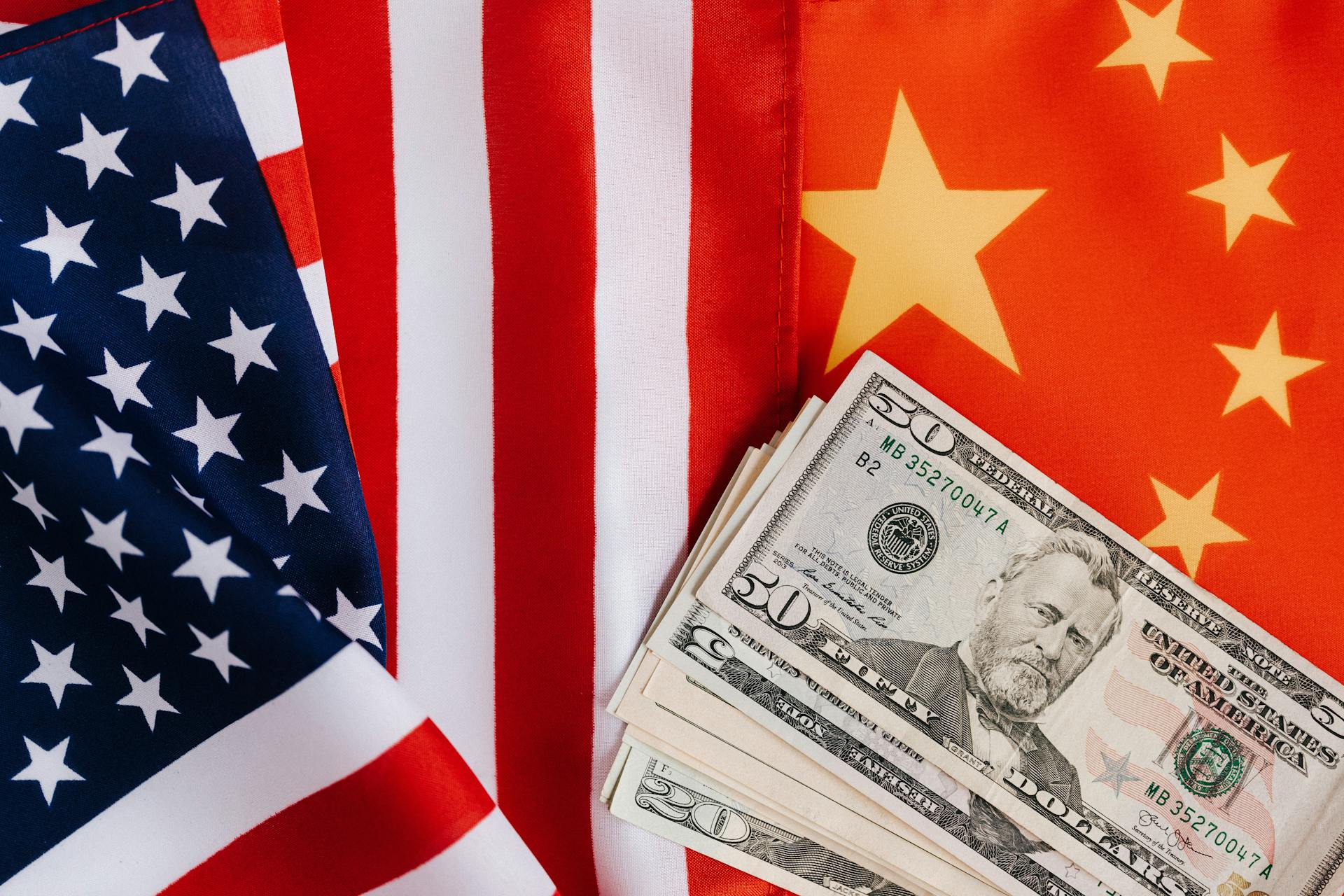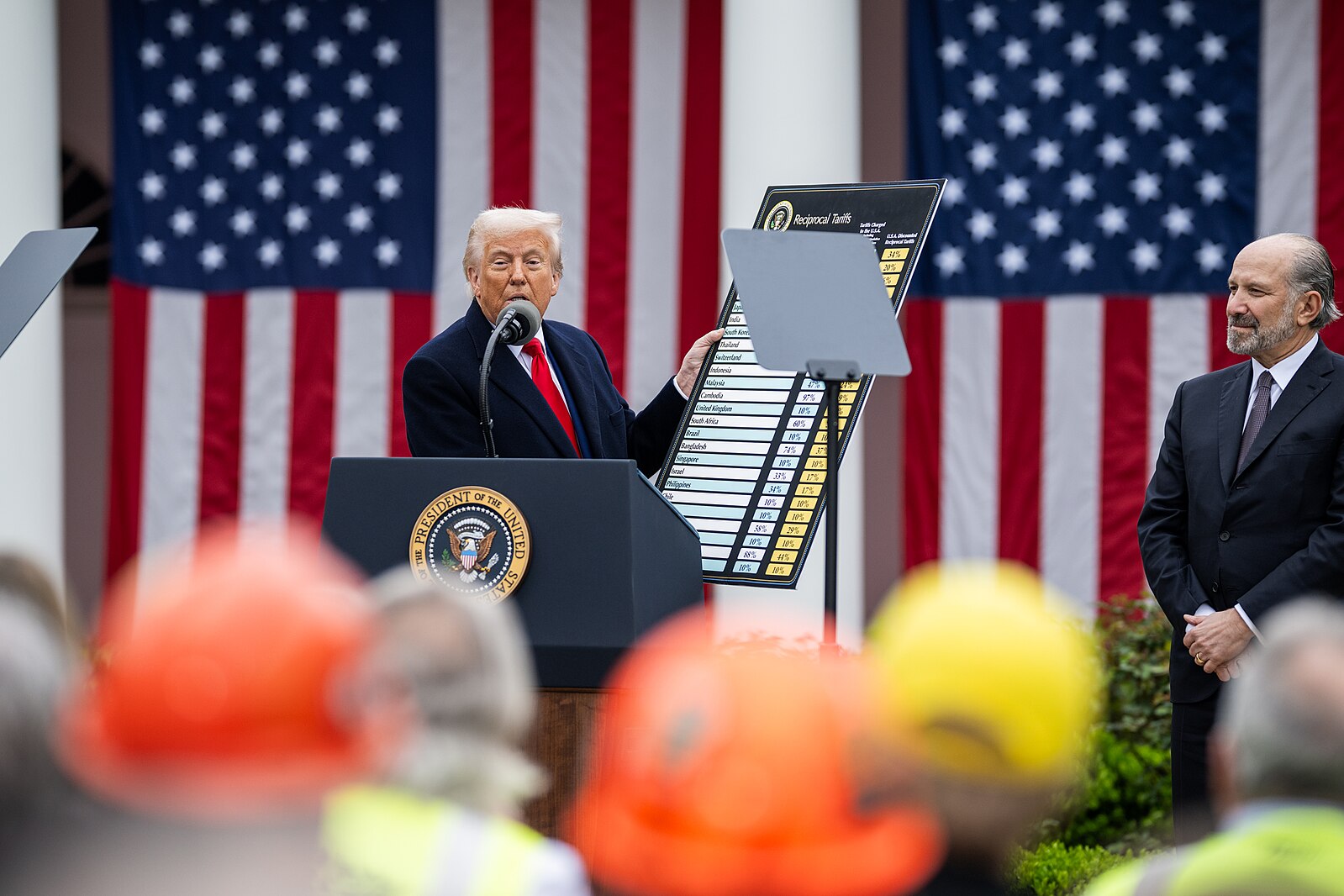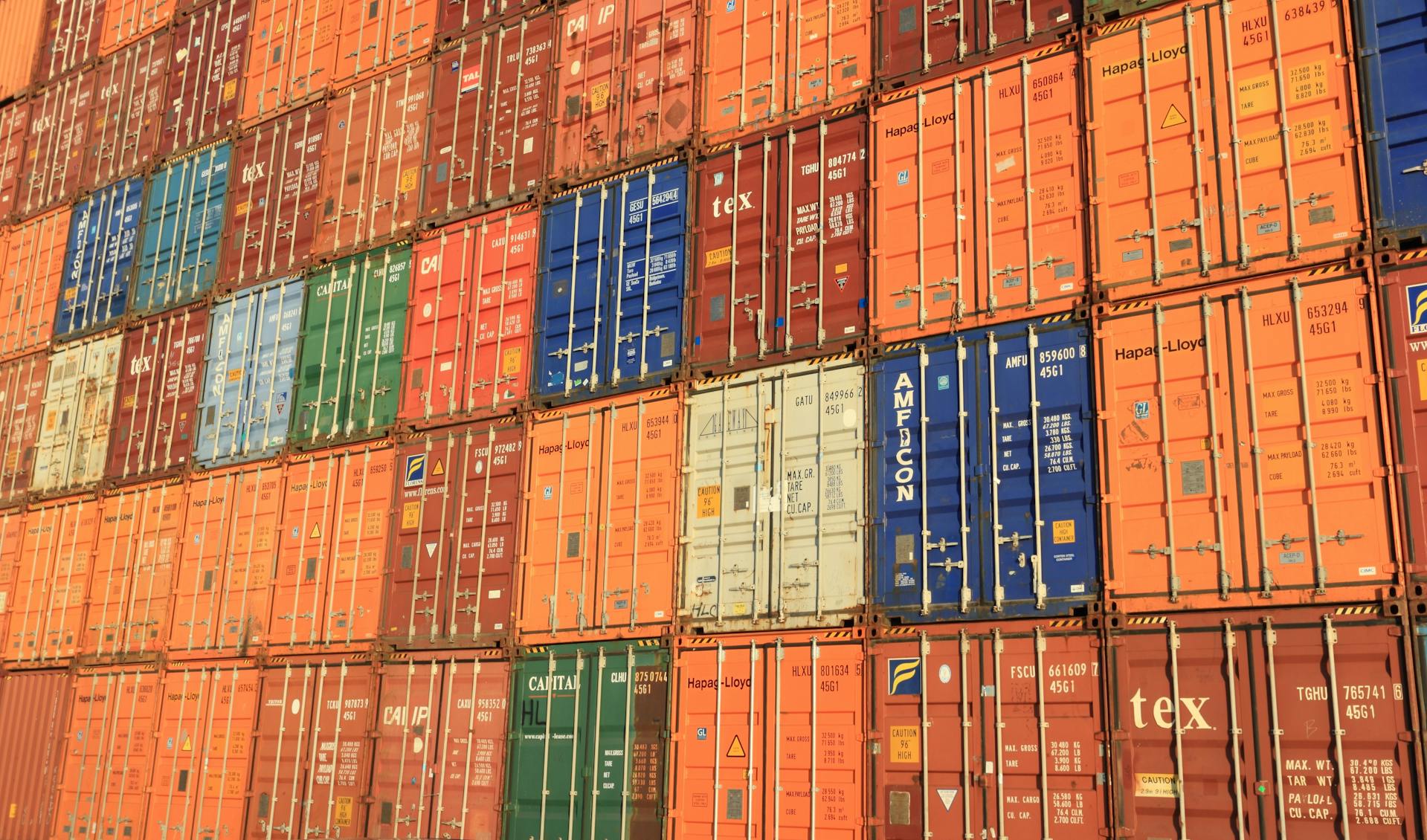Business
How Tariffs Are Driving Up Prices at Shein and Temu: What You Need to Know
By Jake Beardslee · April 18, 2025

Price Hikes Coming for Shein and Temu as Trade Tensions Escalate
American shoppers who rely on fast-fashion giants Shein and Temu for inexpensive clothing and home goods are bracing for price increases, with both companies announcing that costs will rise as soon as April 25. The move comes in response to escalating trade tensions between the United States and China and the impending closure of a key import loophole. freestocks / Unsplash
Temu and Shein Dominate U.S. Market With Ultra-Cheap Goods
Temu, an e-commerce platform launched by PDD Holdings in 2022, offers a wide array of products ranging from home goods and apparel to electronics. Its rapid growth mirrors that of Shein, founded by Chinese entrepreneur Chris Xu, which began as a fast-fashion giant and has since expanded into categories like home décor. Both platforms have surged in popularity among American consumers by offering ultra-low prices. Liquinoid / Shein / Wikimedia
Retailers Blame Tariffs and Trade Rules for Upcoming Cost Surge
Both e-commerce platforms have cited changes in U.S. trade rules as the reason for the increase. In nearly identical statements posted April 15, the companies said, “Due to recent changes in global trade rules and tariffs, our operating expenses have gone up. To keep offering the products you love without compromising on quality, we will be making price adjustments starting April 25, 2025.” They encouraged customers to shop before the new prices take effect: “Until April 25, prices will stay the same, so you can shop now at today’s rates.” Kaboompics.com / Pexels
Tariffs and Loophole Closure Fuel the Shift in Import Costs
At the heart of the shift is a tariff package reinstated and expanded under President Donald Trump’s trade policy. Chinese-based companies like Temu and Shein—which relocated its headquarters to Singapore but still operates largely from China—will now face a 145% import tariff. Compounding this is the closure of the “de minimis” exemption, which had allowed goods under $800 to enter the U.S. without incurring duties. Starting May 2, packages below that threshold will either be subject to a 120% tariff or a $100 processing fee, which increases to $200 by June. The White House / Wikimedia
Chinese Exports Boomed Under Loophole Now Set to End
The changes mark a dramatic pivot in how cross-border e-commerce will function. According to the Congressional Research Service, Chinese exports of low-value packages surged from $5.3 billion in 2018 to $66 billion in 2023, thanks in part to Temu and Shein, which together comprised 17% of the U.S. discount market last year. Pixabay / Pexels
Shoppers Rush to Buy as Social Media Buzzes with Reactions
Customer reaction has been swift and emotional, especially across social media. Many are scrambling to make final purchases before prices go up. TikTok user @findwithalyssa said, “We have, like, a ten-day window to order when it’s still cheap.”Others are reacting with relief, viewing the price hikes as a check on companies accused of labor violations and environmental harm. Some critics on platforms like X (formerly Twitter) referred to Shein and Temu’s merchandise as “garbage,” with one user stating, “I have no qualms with this affecting those two companies.” Nataliya Vaitkevich / Pexels

Fast Fashion's Environmental Impact
The environmental toll of such business models has drawn increasing scrutiny. According to the United Nations Environment Programme, the fashion industry accounts for roughly 10% of global carbon emissions—more than all international flights and maritime shipping combined. About 85% of clothing is eventually burned or sent to landfills. Singkham / Pexels
Experts Say Business Model Relies on Disposability
Experts warn that fast fashion exacerbates the problem. They are "disposable fashion companies,” said Maxine Bédat, founder of the New Standard Institute, in comments reported by CNN. “That’s the crux of what they are. This stuff is not meant to last in your wardrobe. Their business wouldn’t function if it did.” Ron Lach / Pexels